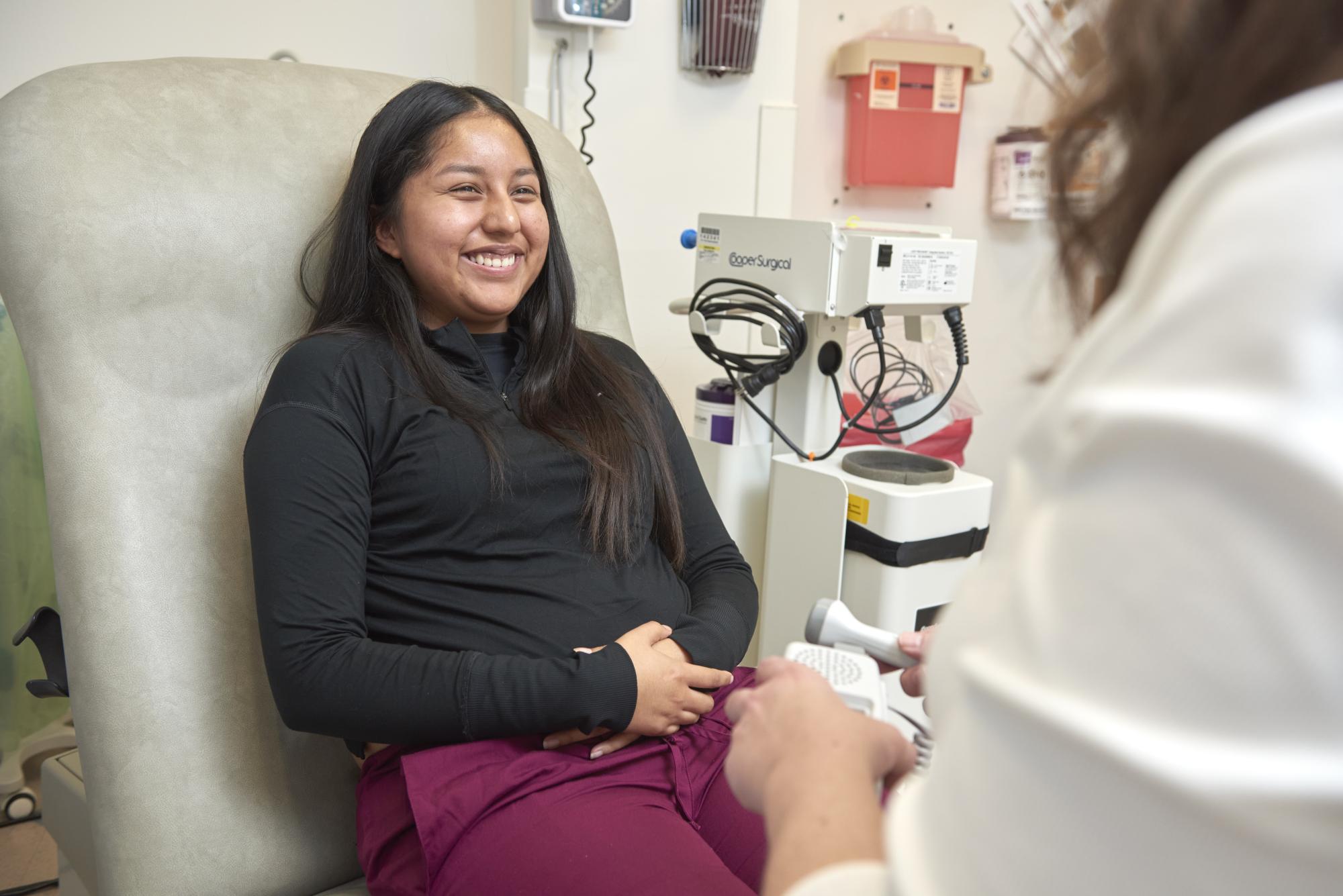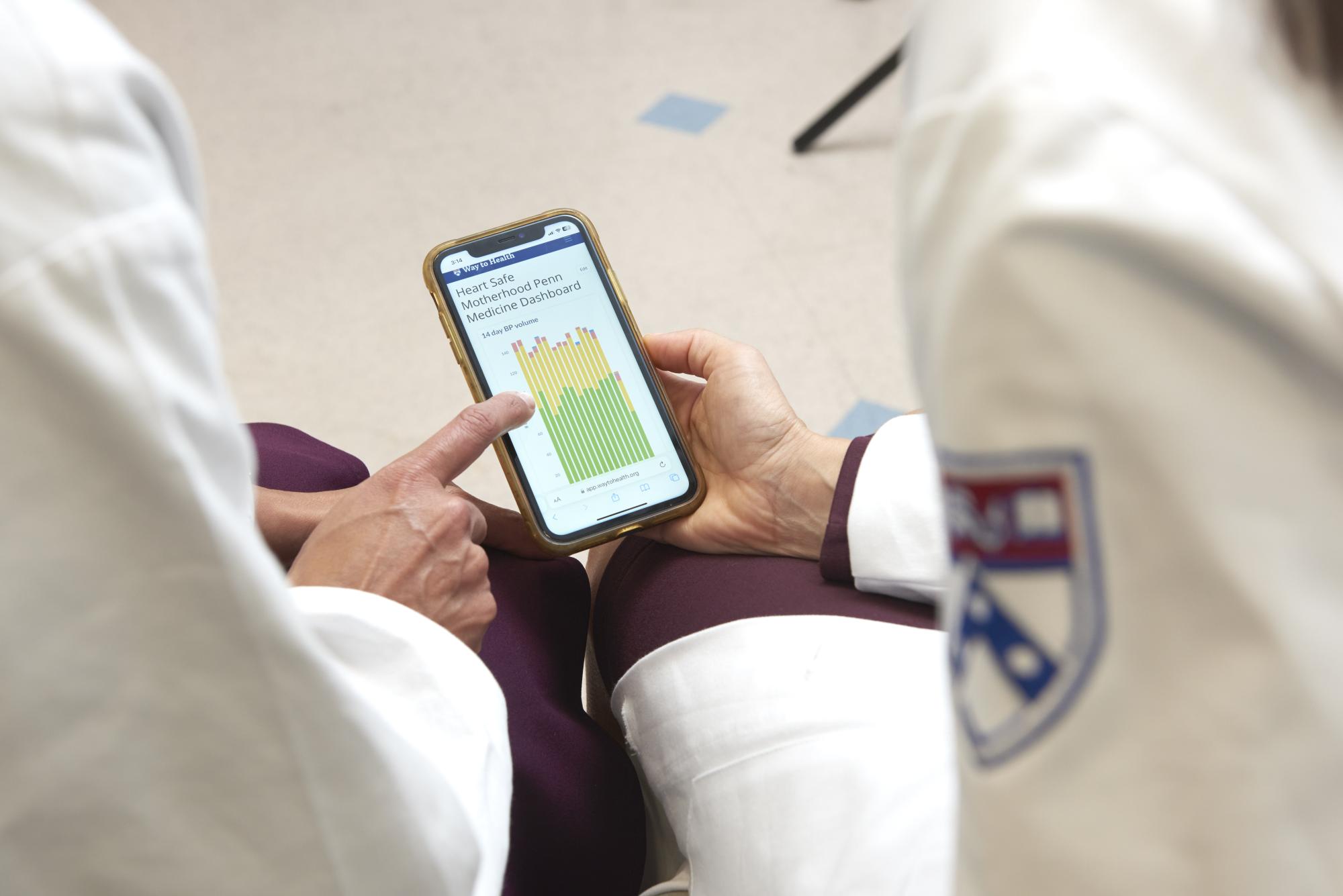Why Heart Safe Motherhood?
Heart Safe Motherhood (HSM) is a novel approach to care delivery developed at Penn Medicine that leverages connected health technology to transform the quality, safety, experience, and cost of care during women’s transition from hospital admission after delivery to home. The goal of HSM is to drive better maternal outcomes and improve the care experience for women with pregnancy-related hypertension in the immediate postpartum period.
Our Backstory
Pregnancy-related hypertension affects approximately 10% of the 6 million pregnancies each year in the United States and may lead to or include preeclampsia, a disease unique to pregnancy consisting of elevated blood pressures with risk of progression to stroke, seizure, and end-organ damage.
Pregnancy-related hypertension is a leading cause of seven-day obstetrical readmissions and is responsible for 20% of the 700 maternal deaths in the United States each year, the majority of which occur after shortly hospital discharge. Delivery starts to reverse the consequences of preeclampsia, but it can take up to three months for blood pressure to normalize. Blood pressure is most likely to spike again in the first week after delivery, specifically 3-5 days postpartum, putting women at risk of related morbidity and mortality in the days after discharge.

Given this timing of peak blood pressures after delivery and risk of progression to more severe disease, the American College of Obstetricians and Gynecologists (ACOG) recommend blood pressure monitoring at 72 hours and 7-10 days postpartum. Traditional care delivery involves patients returning to the office for an in-person blood pressure check in this time frame. This immediate postpartum period is fraught with many barriers to in-person follow up, resulting in poor attendance and missed opportunities for early intervention.
To address this problem, HSM was designed, using patient feedback and active participation in the development process, to improve care for postpartum women with pregnancy-related hypertension at risk of worsening hypertension in the first ten days post-delivery.
Powered by a bi-directional, text message-based platform called Way to Health, HSM involves sending automated twice daily reminders for patients to check their blood pressure using a hospital provided blood pressure monitor.

Patients receive automated, real-time feedback to patient-reported blood pressure readings based on a provider-determined algorithm and the platform alerts providers to values that require intervention. HSM not only enables real-time notification of severely elevated blood pressures, but also sheds light on blood pressure trends over time and allows providers to request additional blood pressure readings to follow-up medication changes.
By adapting algorithms from office visit care, we are able safely to start antihypertensive medications remotely prior to the development of morbidity. The program provides at-risk women with high quality, convenient care outside the traditional boundaries and habits of health systems, replacing traditional office base in-person follow up with remote monitoring.
To gain even more insight into our story, take a look at our pitch given at the Innovation Accelerator Pitch Day in 2020:
